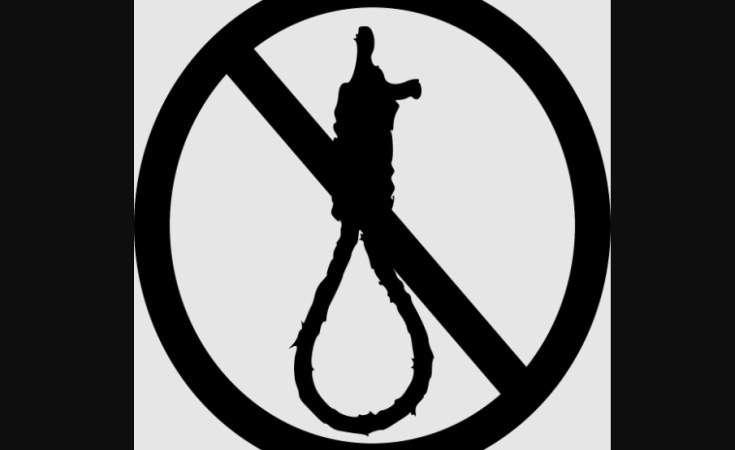Harare, Zimbabwe — Zimbabwe's Cabinet decision to abolish the death penalty, announced on Wednesday, is being hailed by human rights advocates, but not all Zimbabweans are in favor of the move.
Amnesty International -- one of the rights groups which has pushed for the abolition of capital punishment in Zimbabwe -- welcomed the announcement this week by Harare.
"Zimbabwe has taken the right step towards ending this abhorrent and inhuman form of punishment that has no place in today's justice system," said Roselina Muzerengi, campaigns coordinator at Amnesty International in Zimbabwe. "Now that the Cabinet has given its nod, Parliament must ensure the death penalty is truly abolished by voting to pass legislation that will make this a reality. We are happy that the abolition debate is gaining momentum. So, as an organization, we are waiting to see the response by the Parliament of Zimbabwe."
In a message via WhatsApp, U.N. Special Rapporteur Mary Lawlor, who reports and advises on the situation of human rights advocates, also expressed her support for the move.
"I am delighted that Zimbabwe has decided to abolish the death penalty. The death penalty is always wrong. It has never been shown to be a deterrent and many innocent people around the world have been executed," Lawlor said.
But not everyone is happy with the decision, given that Zimbabwe's crime rate is rising as the economy continues to decline.
A senator for the ruling Zanu-PF party, who asked not to be identified for fear of losing her position, said she is against abolition of the death penalty.
"As a people, as a nation, and are we not perpetuating wanton killing? Life is precious. Life imprisonment in itself is torture," she said. "We have a parole system, which is there in place, that can review some of these judgments [life imprisonment]. Peace and closure to the affected families can only be achieved if they know that the perpetrator is made the same fate as their relatives."
Zimbabwe's information minister, Jenfan Muswere, this week told reporters that the move to abolish the death penalty was made after countrywide consultations.
"The circumstances attracting death penalty options include where murder has been committed against a prison officer, police officer, a minor or a pregnant woman, or it is committed in the commission of other serious crimes. Or where there is pre-meditation," Muswere said. "In view of the need to retain the deterrent element in sentencing murderers, it is expected that the new law will impose lengthy sentences without violating the right to life."
Some Zimbabweans, such as Tinei Mukuri, want the death sentence to remain in the statute books.
"There are circumstances when it is really aggravated, it's gruesome, it's pure cruelty when someone kills someone. ... And then we say that person needs to be rehabilitated, spending the rest of his time in jail surviving on taxpayers' money, when the best would be just to also to face the same death that would have been inflicted on other people," Mukuri said.
Vincent Mazilankatha holds a similar view.
"It's very sad that our government decided to abolish death penalty when there is a rise of premeditated murder cases here in Zimbabwe," Mazilankatha said. "People are killing each other, people are killing some other people with impunity. Some of them are walking scot free.
Parliament is expected to take up legislation soon that officially bans the death penalty. The bill is expected to sail to approval, as the ruling Zanu-PF party now has a two-thirds majority, and President Emmerson Mnangawa supports abolishment.


